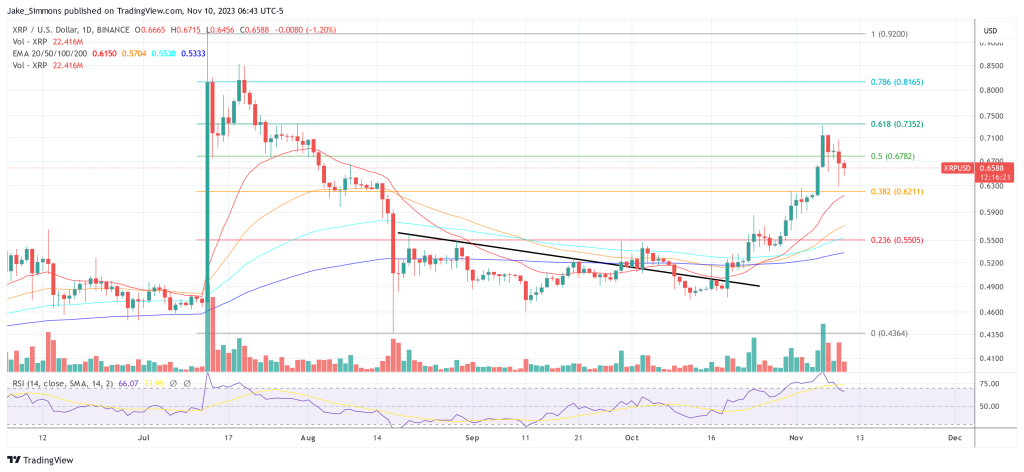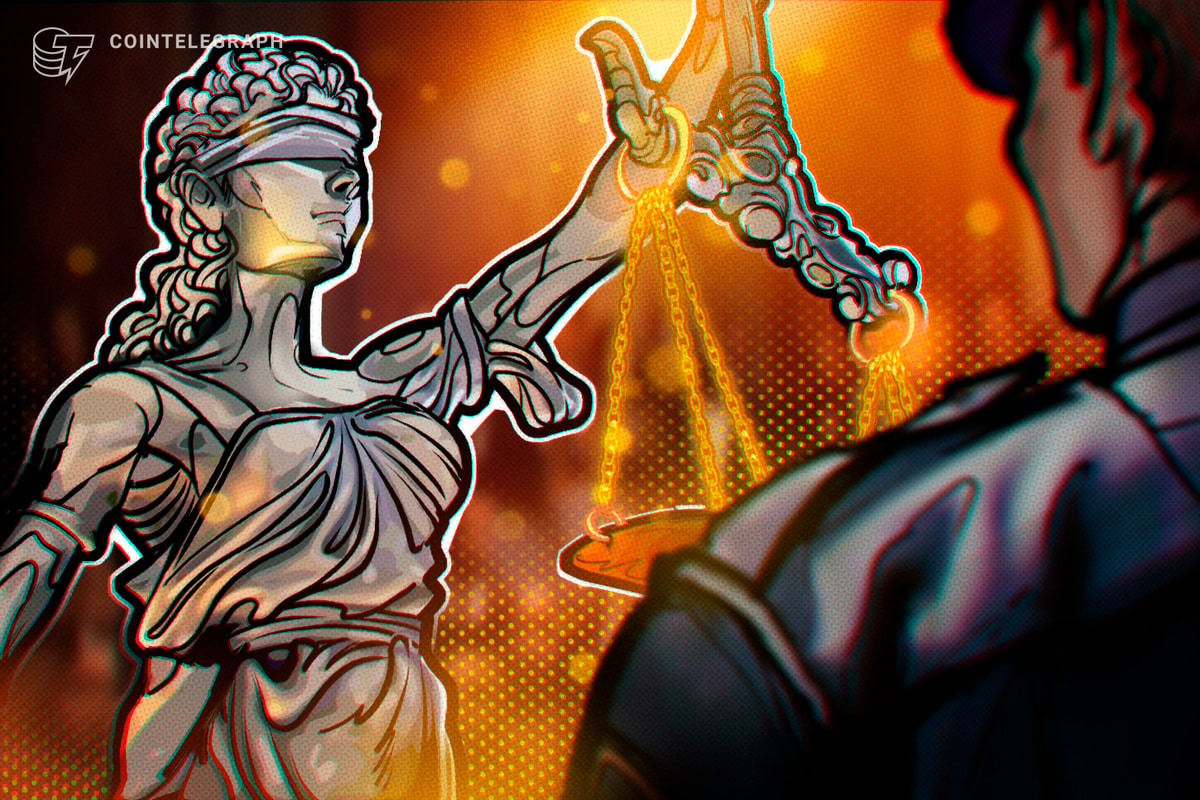In the legal battle between Ripple and the US Securities and Exchange Commission (SEC), both parties submitted a schedule for discovery and briefing to Judge Torres yesterday. However, pro-XRP attorney Jeremy Hogan has pointed out another very interesting development via X.
In his latest remarks, Hogan has drawn attention to a strategic precedent that could benefit Ripple, citing the Morrison v. National Australia Bank Ltd. case adjudicated by the US Supreme Court. Hogan noted, “BTW, if you are rooting for Ripple. Throw a big KISS at Changpeng Zhao and Binance for their win last year in the Anderson v. Binance case which really restricted the reach of US securities laws outside of the US. The case helps Ripple out a lot. Legal nerd stuff below.”
A Strategic Edge For Ripple
Delving deeper into the legal intricacies, Hogan shared a specific insight from the Supreme Court’s decision, pointing out, “The US Supreme Court says that Ripple’s sales must’ve been in the US or at least on a US exchange. How is the SEC’s expert going to get around that?” He questioned the ability of the SEC to assert extraterritorial jurisdiction, highlighting the importance of transaction location in the application of US securities laws.
Hogan also contemplated the international ramifications of the SEC’s case against Ripple, suggesting that if the SEC overreaches, it could provoke an international response similar to that seen in the Morrison case, “And if the SEC tries to extend its reach outside of the US, will the UK, France and Australia file Amicus Briefs like they did in the Morrison case? That would be embarrassing.”
Adding to the debate, James Farrell, General Counsel at AscendEX and former SEC lawyer, mentioned that Judge Torres has previously considered these jurisdictional issues in Ripple’s case. “Judge Torres already addressed this issue in denying Ripple’s argument at the motion to dismiss. SEC v. Ripple, 2022 WL 762966 (March 11, 2022). So it’s just a matter of putting the transactions in Torres’ buckets based on the facts of the individual transactions,” remarked Farrell.
In response, Hogan suggested that the path ahead might involve a settlement: “You would think this is ripe for reaching an agreement on an amount. That would speed up the road to the 2nd DCA, if that’s what both of the parties want.”
Why US Banks Won’t Use XRP Soon
Remarkably, CEO Brad Garlinghouse recently implied the SEC isn’t looking for a settlement right now. At the DC Fintech Week, he suggested that the SEC is not in pursuit of a settlement at this juncture, reflecting a broader governmental reluctance to engage with cryptocurrency.
Garlinghouse also revealed that US banks are still hesitant to engage with crypto despite Ripple’s series of legal victories over the SEC. “They’re like, ‘Look, even though you won the case, the United States government is still hostile towards crypto. The OCC is hostile towards crypto.’ And until that changes, the banks in the United States are not going to engage meaningfully,” Garlinghouse stated.
At press time, XRP traded at $0.6588.












